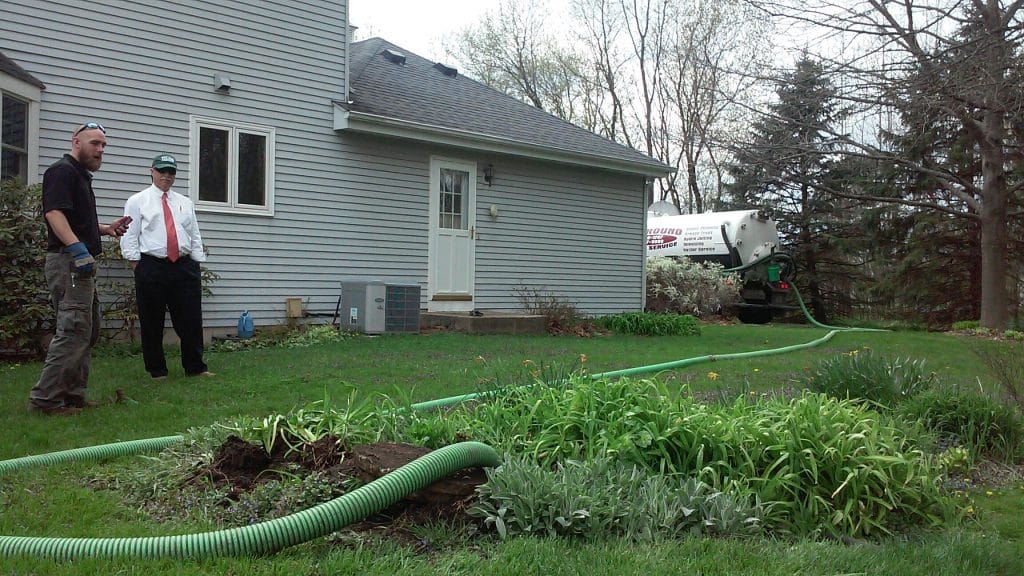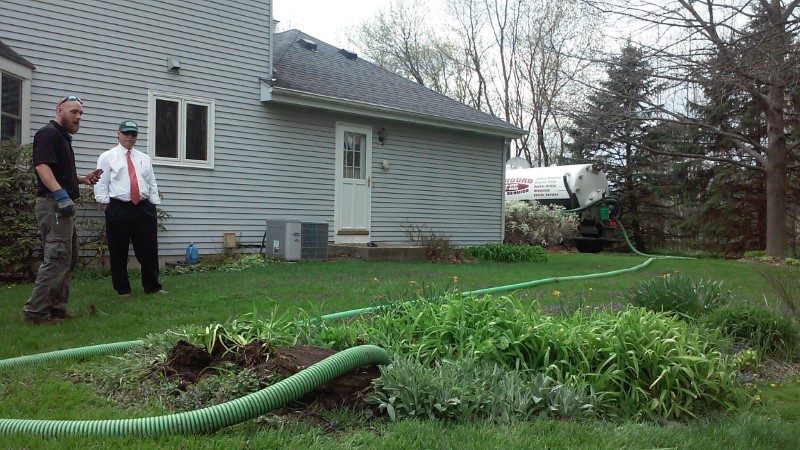
The cesspool must not be dreaded at all. Instead, it should be given its much needed attention because of the important function it plays in the disposal of household human waste. It is a living organism underneath your home that has the sole purpose of treating your wastewater. To help homeowners accomplish the optimal care and maintenance that they want for their cesspool, there are cesspool enzyme additives manufactured by various companies. It is said that the additives improve the performance and overall condition of the cesspool. There are times when you tend to be confused as to what kind of additive to pick and purchase. The overwhelming promises and promos of the companies that make them could mainly be the reason for this. Who wouldn’t want a pump out-free or budget-friendly product for your cesspool?
Cesspool additives are classified as inorganic, organic, and biological. Inorganic additives are strong or harsh acids and alkaline that usually corrodes the cesspool components and kills off the resident anaerobic and aerobic bacteria. This types of additive is still used in some treatments but is not recommended because of the said effects. Organic additives are cesspool additives that improve the condition of the cesspool environment. One such additive is baking soda. It is said to lower the acidity of the cesspool environment, which is very ideal for the anaerobic bacteria. But homeowners are advised not to use this additive too much because it can affect the performance of the bacterial population in the long run.
The safest and healthiest cesspool additives are the biological one. This type of additive is composed of non-pathogenic bacteria and enzymes that greatly improve the performance of the resident bacteria in breaking down the solid waste materials. Cesspool enzymes are used in maintenance treatments to accelerate the decomposition of the solid wastes and to prevent clogging in the surrounding soil absorption area. It is common knowledge that cesspools malfunction or fail. The cesspool is the waste receptacle of your household. Naturally, sludge accumulates in it. This should be regularly pumped out or there will be backing up and clogging in the system. Cesspit enzymes are said to benefit the systems.
Some septic experts use them on a monthly basis while some perform the treatment along with the pump out schedules.
But there are some who do not see cesspit enzymes as a must in maintaining and caring for your cesspit. They regard human waste as more than enough to make the cesspool more efficient in breaking down solid wastes. The enzymes in the human waste naturally improve the bacterial activity in the cesspool. This is why cesspool enzymes are not required at all. But as a homeowner, it is absolutely your prerogative to use cesspool enzymes.
You just have to remember that when you use cesspool enzymes, you still have the responsibility to keep the regular pump out schedules set with your septic expert. Do not be carried away by the exaggerated promises of various manufacturers. They often tell homeowners that they don’t have to pump out their cesspools anymore when they use their cesspool enzymes. You know this isn’t true. It is also very ideal for you to ask for the guidance of your local septic expert when it comes to using cesspool enzymes. This will result to a longer lasting cesspool that could serve your household optimally.
